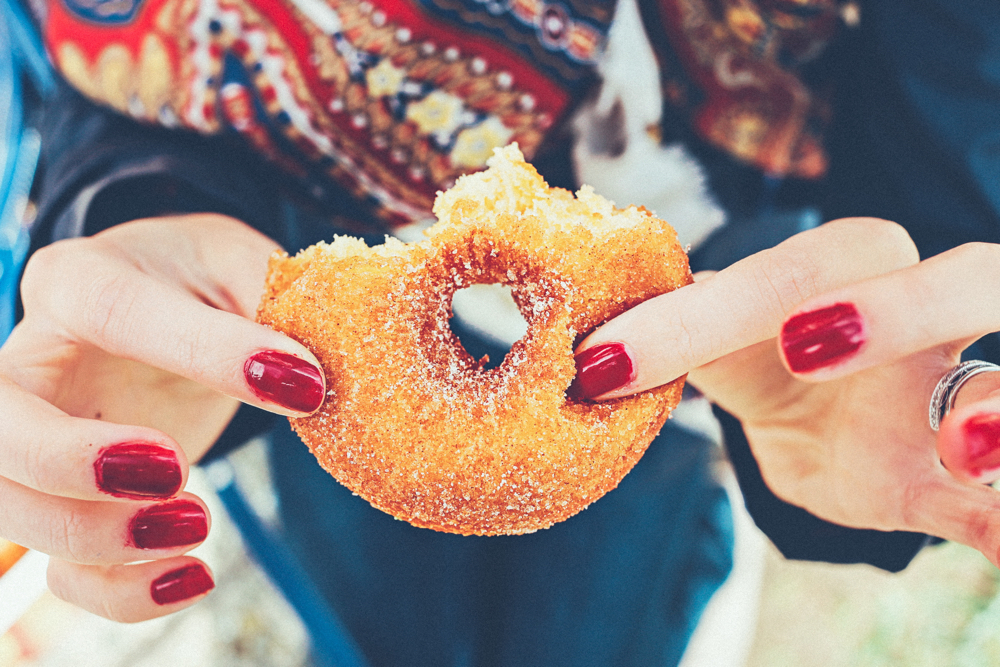You know what it’s like when you haven’t slept well. The next day you reach for the worst possible foods. You know you probably shouldn’t be eating them, but you’re so exhausted you can’t help yourself.
Well now scientists think they’ve discovered why this happens. And it’s all to do with your sense of smell.
The scientists in question are from Northwestern University. They wanted to find out why we reach for doughnuts and pizza after a sleepless night, rather than fresh fruit and salad. And what they found was that the olfactory system is affected when you don’t get enough sleep, first by making food smells stronger, and then by messing up its communication with parts of the brain that receive signals about food.
One of the study’s senior authors, Thorsten Kahnt, assistant professor of neurology at the university’s Feinberg School of Medicine, put it like this: “When you’re sleep deprived, these brain areas may not be getting enough information, and you’re overcompensating by choosing food with a richer energy signal. But it may also be that these other areas fail to keep tabs on the sharpened signals in the olfactory cortex. That could also lead to choosing doughnuts and potato chips.”
The study, which was published in the journal eLife, followed 29 men and women aged 18 – 40, allowing half to get a good night’s sleep and the other half to only sleep for four hours, then four weeks later doing the same experiment but reversing the volunteers’ sleep times. All were given a controlled diet the next day, but they were also offered various sugary, fatty snacks. And guess what? When the volunteers had just four hours’ sleep they changed their eating habits, choosing more snacks such as cakes, biscuits and crisps than they did when they were allowed to sleep for longer.
Previous studies have showed that sleep deprivation increases the body’s production of substances called endocannabinoids, which scientists believe play a part in eating behaviours and how the brain responds to smells. So the Northwestern researchers also measured their volunteers’ blood levels of two particular endocannabinoid compounds, and found that one of them – called 2-OG – was higher after a night of sleep deprivation. The volunteers also had an MRI scan while being presented with different smells (some food, some other). The results showed there were changes in the brain related to smell and taste, specifically the communication between a part of the brain called the piriform cortex and another part called the insula cortex. To cut a long story short, Kahnt explains that when the piriform cortex fails to communicate properly with the insula cortex, the result is you want to eat more energy-dense food.
So how does this help us on a practical level? “Our findings suggest that sleep deprivation makes our brain more susceptible to enticing food smells, so maybe it might be worth taking a detour to avoid your local doughnut shop next time you catch a 6am flight,” says Kahnt.
Photo by Thomas Kelley on Unsplash

